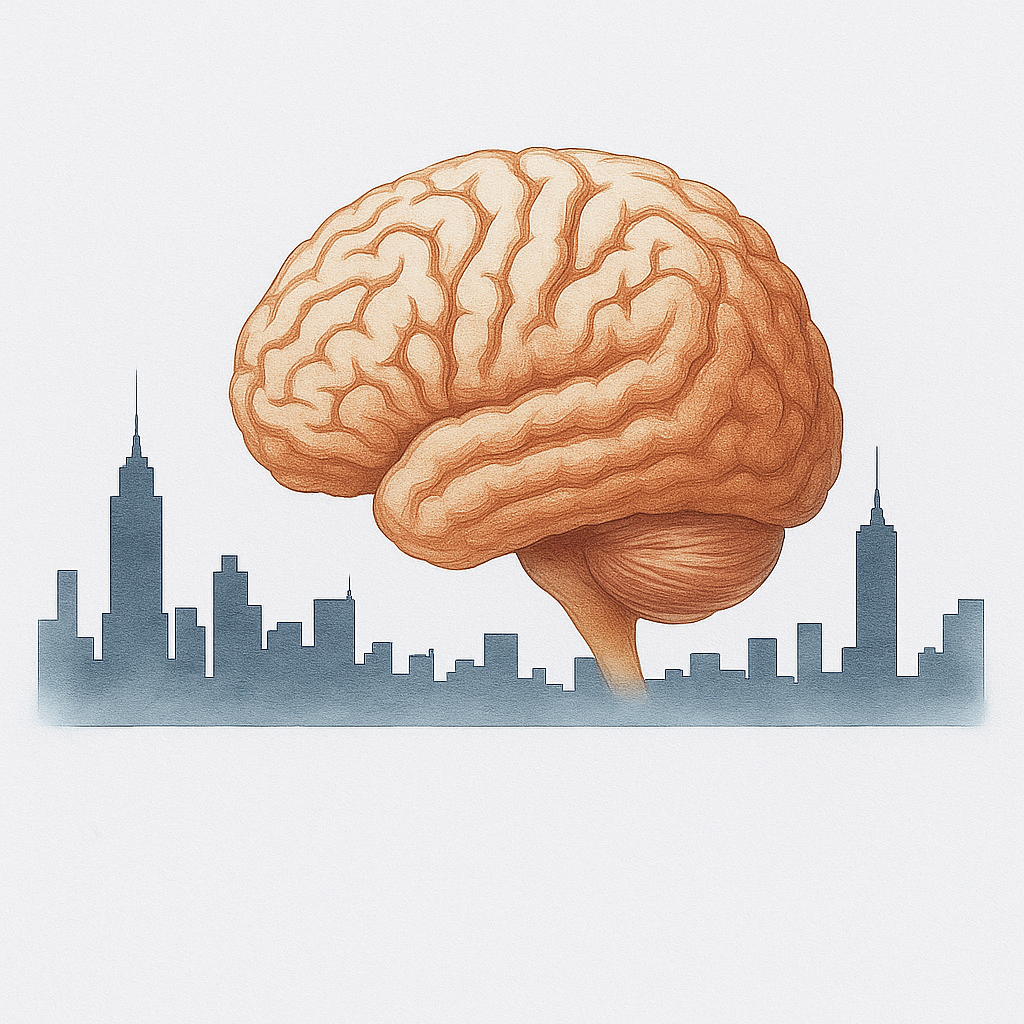Who is playing with our minds?
By Patricia Ventura
Mental Health
While genes may play a role in influencing vulnerability to trauma, there is much stronger evidence that experiences and environment have a significant impact on mental health. Children who experience poverty, abuse, and discrimination are much more likely to develop mental health problems later in life. According to clinical psychologist Richard Bentell, “the evidence of a link between childhood misfortune and future psychiatric disorder is about as strong statistically as the link between smoking and lung cancer.”
The biomedical approach can also lead us to pathologize normal human responses to suffering. It’s not surprising that people who go through divorce or unemployment may experience depression and anxiety, but needing support and services isn’t the same thing as having a disease.
Because the biomedical model tends to isolate mental health from the broader social context, it emphasizes treatment rather than prevention, and the treatment models it promotes tend to rely heavily on drugs. While psychiatric medications work for some people, they certainly don’t work for everyone, and their side effects can be debilitating. A pill won’t erase the effects of being homeless or bullied in school.
Moreover, there’s evidence that the perception of mental health problems as a disease might actually increase its social stigma —which causes further harm to people who need support and community to recover. And recovery is possible; people can and do get better. They can go on to live full and rich lives, supported by family and friends, and succeed in education and work. But recovery is harder if the only treatment available to them is pharmaceutical, and fails to address the root causes of their distress and provide the resources they need to heal.
We need a better way of thinking about mental health. We need to develop health systems that integrate mental and physical health care, especially at the primary care level. Mental and physical well-being are inextricably linked —physical illness and pain can cause depression and anxiety, and conversely mental health problems can mask underlying medical conditions, especially when doctors interpret these experiences solely through the lens of a psychiatric diagnosis.
Any treatment has to start with a focus on the whole person. We need appropriate community-based care and holistic solutions that take social, economic, and cultural factors into account. We also need to broaden our understanding of recovery to mean a person’s ability to live a good life on their own terms, rather than defining it as the absence of certain symptoms.
Finally, we have to start treating mental health as a social justice and human rights issue. That’s why Mental Health Europe advocates for a psychosocial model that acknowledges the profound impact of lived experience and social environment in shaping mental health. We know that poverty, racism, and violence put people at higher risk of developing mental health problems —so that means we need population-level interventions which can focus on fighting the root causes of this public health crisis.
Our current systems for mental health care are failing at both treatment and prevention and the biomedical model is one of the chief reasons. Future research may provide more insight into the complex relationship between genes, the brain, and mental health. But no discovery will prevent people from experiencing painful things, or erase their need for support.
By focusing on disease, the biomedical model leaves little space for the voices of people with lived experience of mental health problems —who are the real agents of recovery, because they’re the best experts on their own lives.
FORMIdea London, 14th December 2018.













